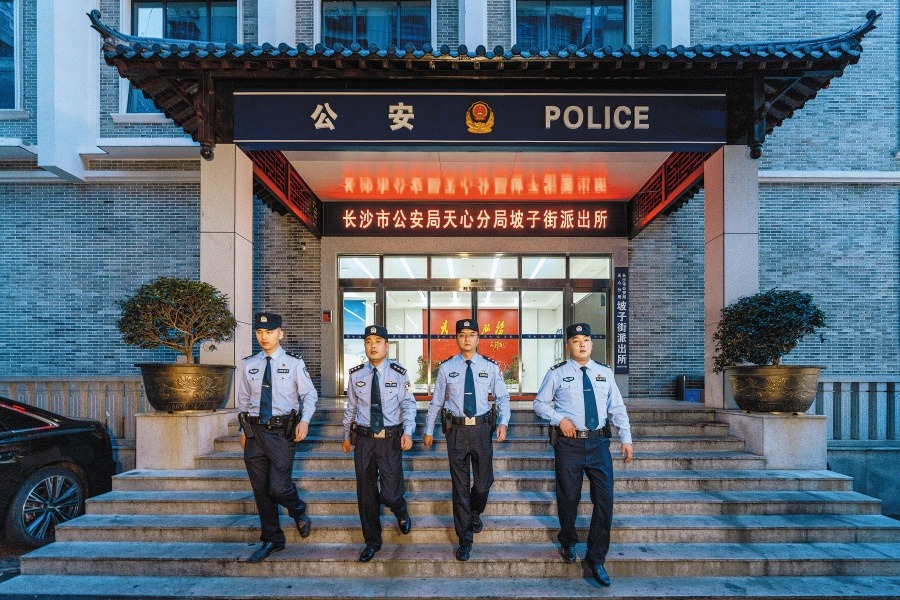EU ties form bulwark against protectionism
By Liu Jia | China Daily | Updated: 2018-09-24 07:38

A group of prominent Chinese think tank experts urged Germany and the European Union as a whole to deepen pragmatic cooperation with China in order to boost connectivity and protect the fragile global multilateral system.
"China and the EU should continue to focus on cross-border investment and two-way opening so as to build a fair, open environment and a mechanical framework for business," said Zhou Xiaochuan, former governor of China's central bank.
Zhou made the remarks at a seminar themed "Sino-German Economic Relations: Risks and Opportunities", co-organized by Koerber-Stiftung and the China Center for International Economic Exchanges in Berlin on Friday. Zhou now serves as president of the China Society for Finance and Banking and adviser to the CCIEE.
Zhou headed a high-profile expert group in Europe to exchange ideas with European colleagues in a bid to jointly defend the global multilateral system.
In addition to Berlin, Zhou's delegation also visited Brussels and Geneva, holding frank and candid exchanges.
Zhou added that the bilateral investment negotiations between China and the EU should be accelerated, and cooperation on technology, human resources, education and businesses should be promoted.
Zhou also refuted some criticism from US media as the Sino-US trade dispute intensifies.
"Some criticism was not true, some deliberately played up small issues or exaggerated single cases as systematic problems," said Zhou, who encouraged experts to have more candid discussions for better mutual understanding.
Regarding China's GDP growth slowdown, Zhou said it is mainly due to domestic reasons, such as economic transformation and structural upgrading.
In his speech, Zhou responded to several highlighted issues such as intellectual property rights protection. Zhou reiterated the Chinese government's stance of protecting IPR and strengthening law enforcement.
"Compulsory technology transfers are explicitly banned, while we encourage the exchanges of knowledge and technology," he said, denying that China forces foreign companies to transfer their technology prior to investing in China.
Zhu Guangyao, former vice-minister of finance, said China and Germany firmly advocate free trade and globalization, though differences exist in values and social systems.
"It is our responsibility to deepen our special partnership, though with different systems, and create more positive outcomes for both countries and the world at large," said Zhu.
"This time we discussed quite a few issues such as subsidies to State-owned enterprises and technology transfers, clarifying the stances of both sides and building mutual trust. In general, China and Germany are both defenders of multilateralism and peaceful development."
Max Hanisch, a research associate in international economics at the German Institute for Economic Research in Berlin, said deepening trade relations is always a good idea between China and Europe, but it is important to work on the differences and the structural problems between both sides.
The EU-China relationship is still strong and both sides enjoy substantial advantages by enriching ties, said Hanisch.
"If you look from the European side, the thing that Europe has to do in order to enter the Chinese market is really a big issue."
Hanisch said both sides should go back to the idea of removing trade obstacles, with reduction as the main purpose.
"These should be the main goals in the future," he said.
























